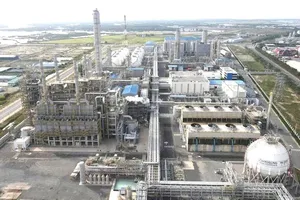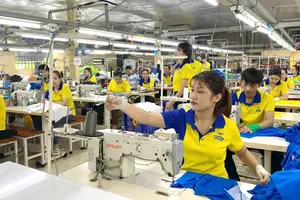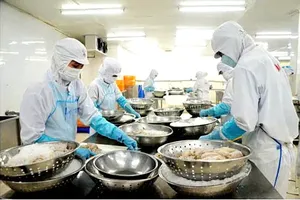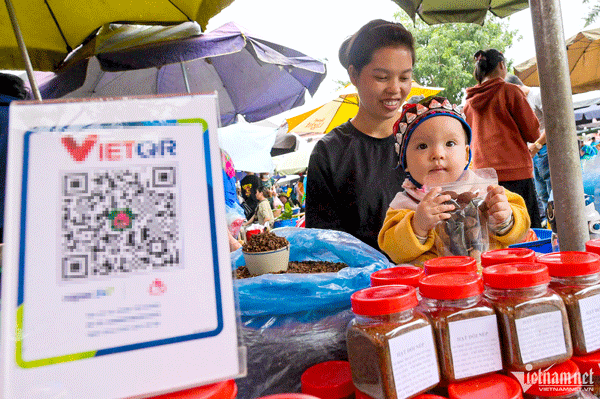US President Donald Trump signed an executive order declaring a national emergency under the International Emergency Economic Powers Act to impose tariffs on imports from Canada, Mexico, and China on February 1. The order sets a 25-percent tariff on goods from Canada and Mexico and a 10-percent tariff on goods from China. Shipments that arrived in the US before the order was issued will not be affected.
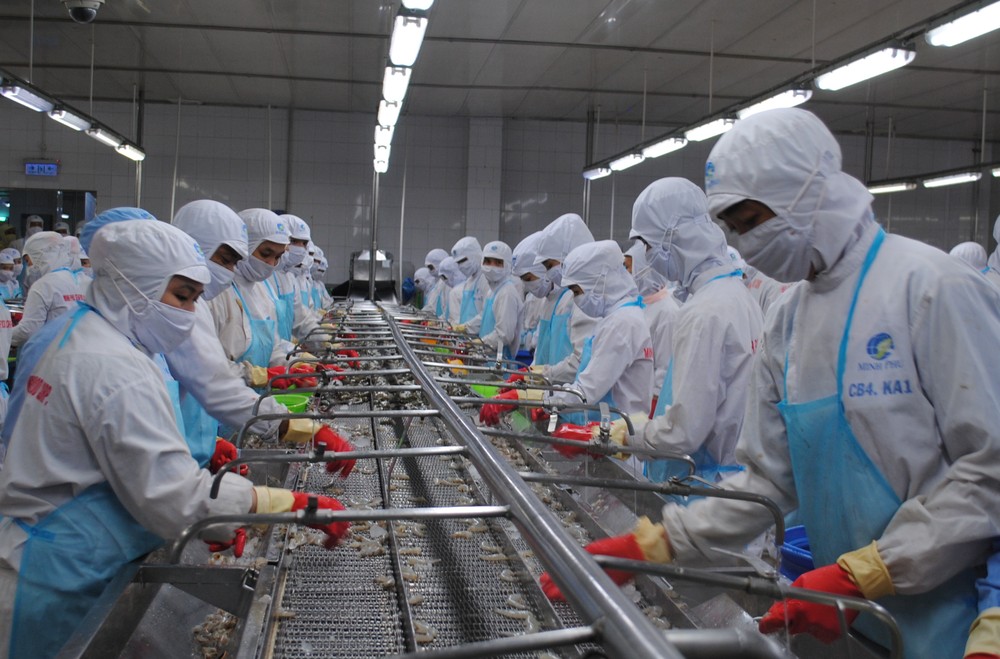
This decision has raised concerns about a new trade war and its potential impact on the global economy, including Vietnam.
Addressing media inquiries on the issue, Deputy Minister of Agriculture and Rural Development Phung Duc Tien, on February 6, stated that the US's new tariff policy would not significantly impact Vietnam’s agricultural, forestry, and fishery exports to the US.
While acknowledging potential challenges in exporting agricultural products, he emphasized that the strategic partnership between Vietnam and the US would help sustain and expand these exports.
Mr. Phung Duc Tien stated that the US is Vietnam’s second-largest export market, with agricultural, forestry, and fishery exports reaching US$13.8 billion in 2024, accounting for 21.8 percent of the country’s total export revenue. He emphasized that Vietnam’s Comprehensive Strategic Partnership with the US plays a crucial role in protecting trade interests and fostering cooperation.
In January 2024, Vietnam and the US reached a key agreement resolving the anti-dumping tariff dispute on Vietnamese pangasius exports. Under this agreement, Vinh Hoan Corporation was removed from the list of companies subject to anti-dumping duties, marking a significant victory for Vietnam’s seafood industry.
Mr. Phung Duc Tien also highlighted another milestone: in October 2019, the US Department of Agriculture recognized Vietnam’s food safety control system for catfish as meeting US standards. This recognition reflects the strong efforts of Vietnamese businesses in maintaining quality standards, supporting the growth of pangasius exports, which reached $300 million in 2024, accounting for 17 percent of Vietnam’s total seafood exports to the US.
To proactively address policy shifts in import markets, the Ministry of Agriculture and Rural Development (MARD) has been working with the Ministry of Foreign Affairs and the Ministry of Industry and Trade to expand into new markets, particularly the Halal market, while maintaining and strengthening traditional ones. The ministry also focuses on developing farming and aquaculture areas that fully meet food safety standards, ensure traceability, and provide a transparent and reliable supply of raw materials.
Deputy Minister Phung Duc Tien emphasized that while expanding into international markets presents challenges, Vietnam can achieve sustainable growth by ensuring efficient production that meets global standards.
Vietnam’s agricultural sector still maintains steady growth. In January 2025, it continued record positive growth, with food demand rising 10-15 percent during the Lunar New Year holiday. Thanks to careful preparation, food supply remained stable, and prices saw no significant fluctuations. However, the Deputy Minister noted that agricultural, forestry, and fishery exports in January 2025 declined slightly, reaching $5.08 billion, down 4.9 percent from the same period last year.
Despite global political and economic uncertainties affecting trade, MARD remains confident that Vietnam can sustain and expand agricultural, forestry, and fishery exports to the US by continuously improving product quality and meeting international standards.

